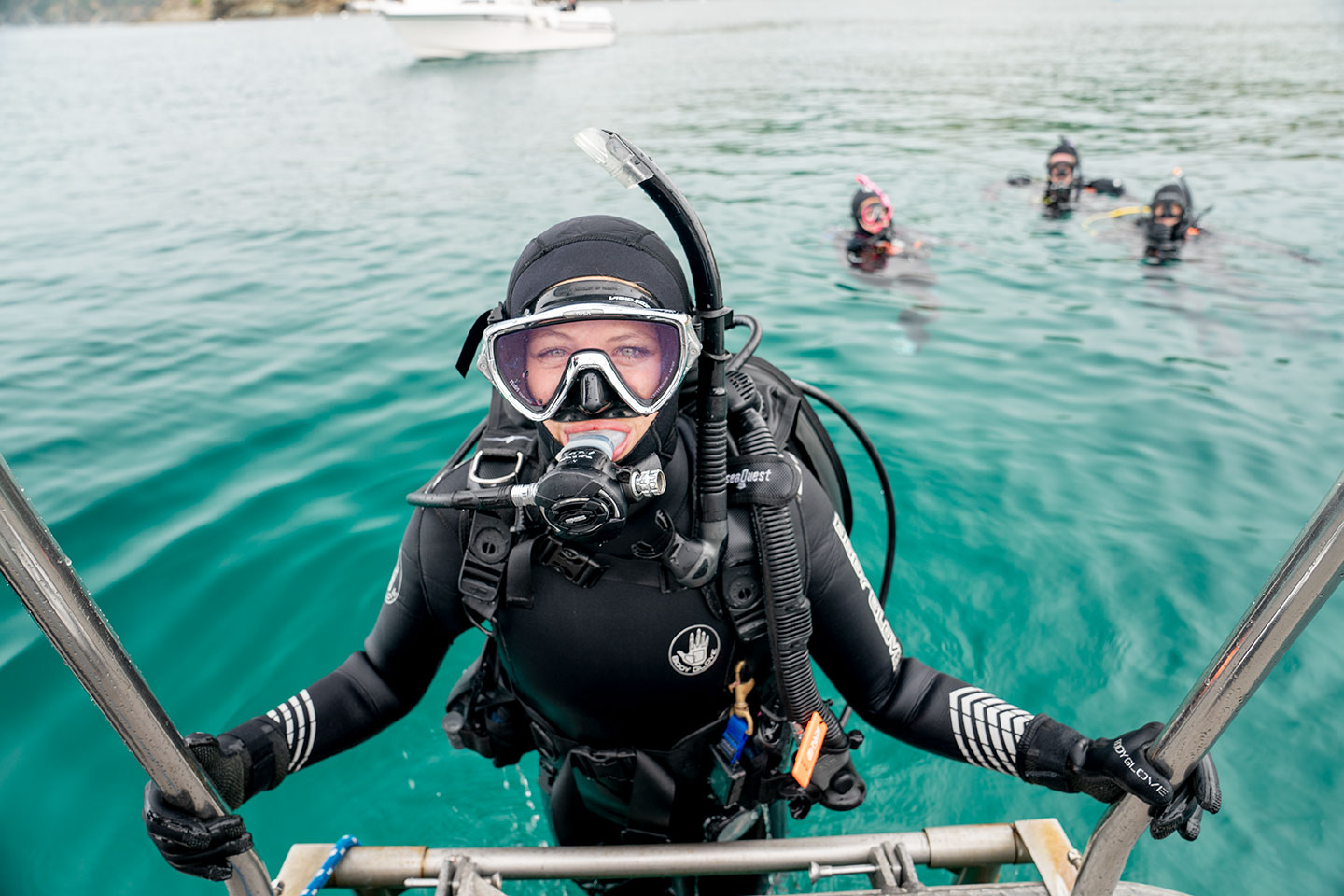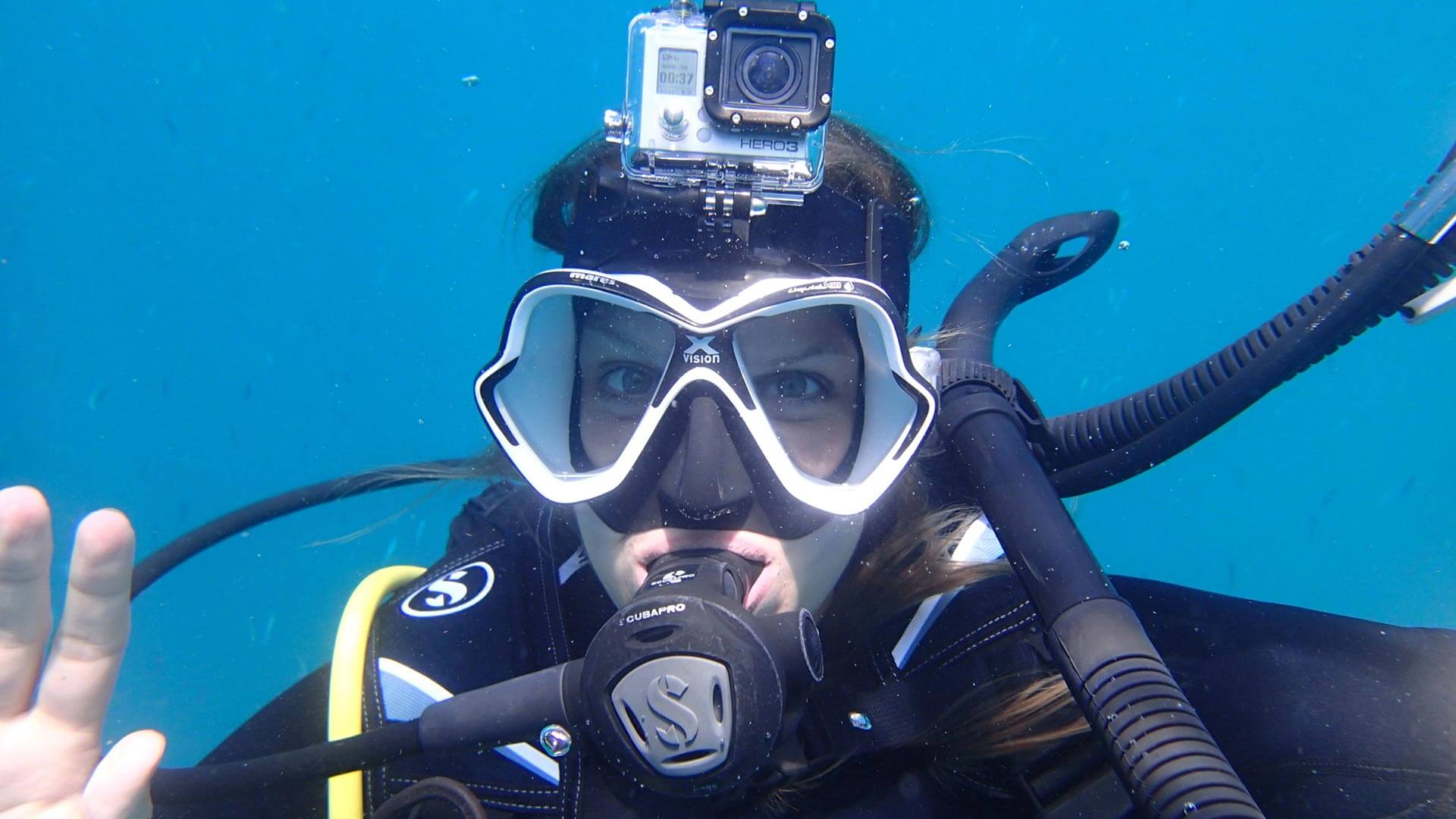This is so wrong. The humidity in every mask is going to be 100% everytime. Exhaling into a mask will not fog it in a clean mask.Defogger, is great...to a point.
I have the same issue as the OP. Keep in mind, nasal exhalation is warm, moist air hitting a cold glass surface. Defogger does not, cannot, prevent condensation completely. It works by reducing the surface tension of the water on the lens thereby preventing micro droplet condensation, what we call fog.
Eventually if you keep breathing out through the nose the total humidity in and through the mask will reach a point sufficient for condensation to occur, perhaps even unnoticed at first. Once that happens it will overwhelm the anti-fog and eventually rinse the AF away from the surface of the lens.
If you continue breathing out through the mask via the nose then as the air escapes you will have small "leaks" that allow seawater to come in and remove more defogger. Clearing the mask further exacerbates this process.
And then you start doing the fill and clear and remove the rest of your defogger.
The best way to reduce the greatest cause of fogging is to not breathe out through the nose. And certainly that is a skill we can learn. I know I am able to exercise that skill. But I can also say that when I'm in the "zone" my natural tendency is to use my nose, so much so that I don't even realize it until I have to clear my mask, lol.
I dive CCR and i have to exhale into my mask all the time to release excess air in my loop whenever I go shallower during a dive to maintain proper loop volume. No fogging.
Clean your mask properly. Never touch the glass with fingers which transfers oils. Apply defog or saliva with a toothbrush. You will have no more fogging.







